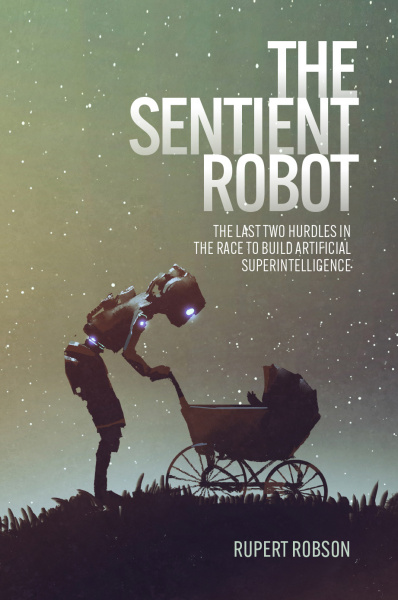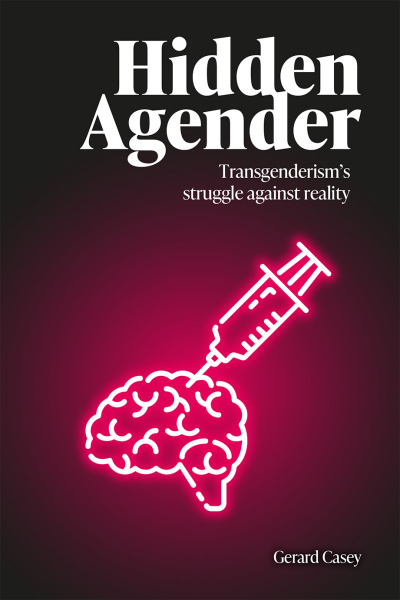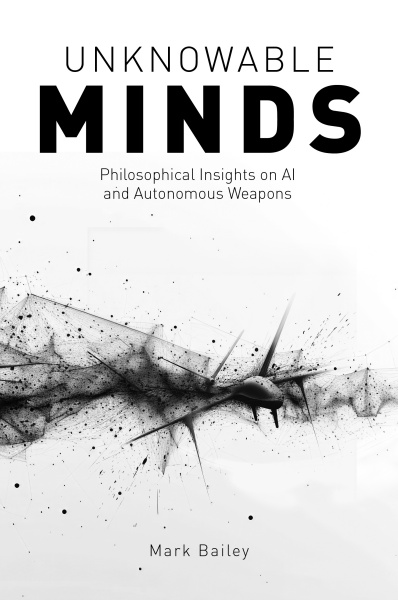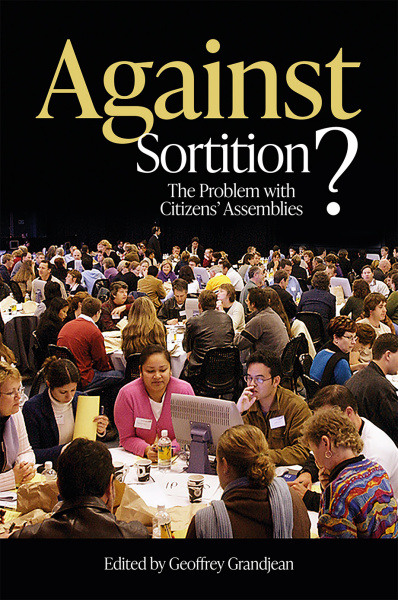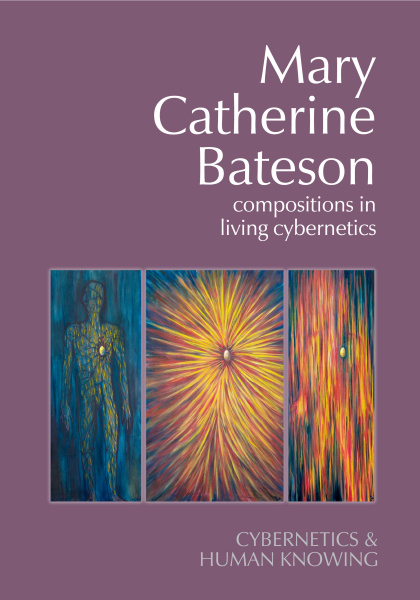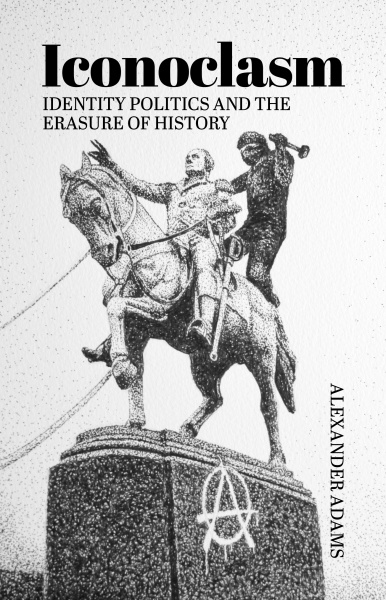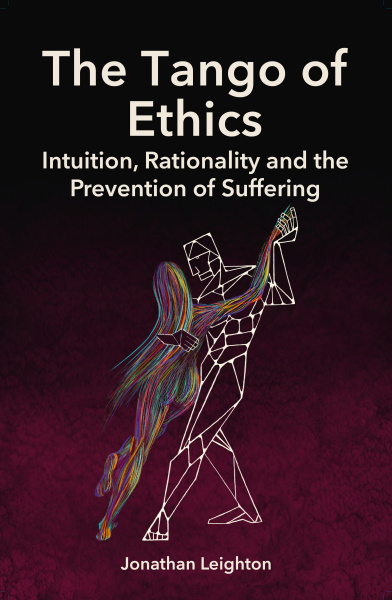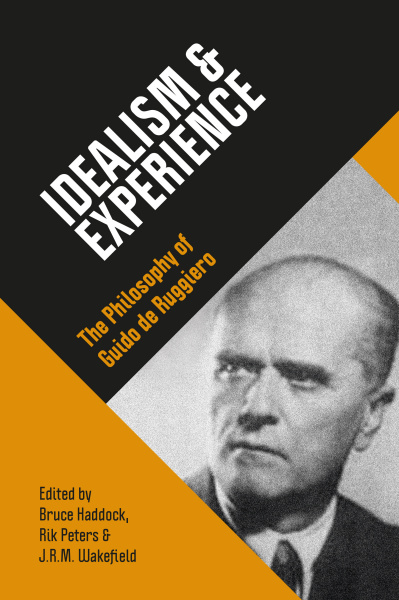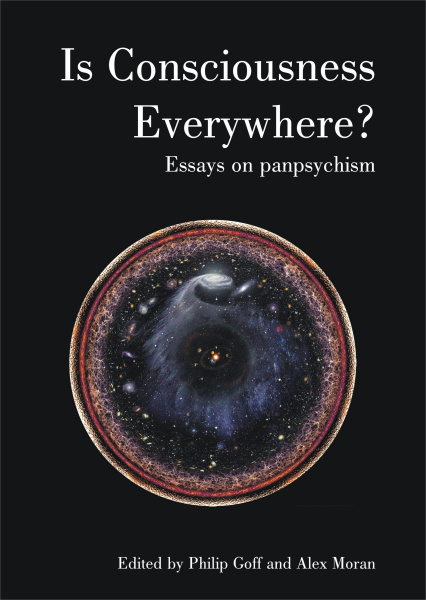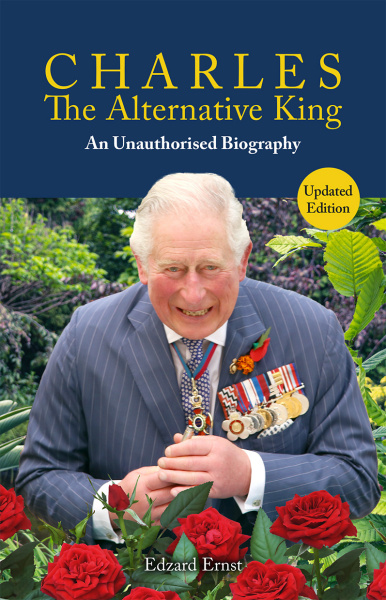Imprint Academic
-

The Past is a Future Country
The Coming Conservative Demographic Revolution
The Past is a Future Country shows how a resistant class of intelligent, religious conservatives will band together to preserve enclaves of our currently failing civilization — a failing civilization caused by a rejection of traditional values and an epidemic of narcissists who compete to signal their individuality and moral superiority.
-

Shadow, Self, Spirit
Essays in Transpersonal Psychology
Transpersonal Psychology concerns the study of those states and processes in which people experience a deeper sense of who they are, or a greater sense of connectedness with others, with nature, or the spiritual dimension. This book brings together the author's writings on the topic over recent years in a new and enlarged edition.
-

The Rupture
On Knowledge and the Sublime
This book views the sublime as the radically other, revealing to us our own finitude, and compares it with ideas of negative theology and post-modernism. Fane argues that art and religion attempt to break through the 'hermeneutic circle of knowledge', turning sleepwalkers into people who are alive to an (unknowable) truth.
-

The Psychology of the Bible
Explaining Divine Voices and Visions
The Psychology of the Bible explores how the Old Testament provides perspective into the tumultuous transition from an earlier mentality to a new paradigm of interiorized psychology and introspective religiosity that came to characterize the first millennium BCE.
-

Myth, Meaning, and Antifragile Individualism: On the Ideas of Jordan Peterson
Jordan Peterson has attracted a high level of attention. Focusing on Peterson's ideas rather than controversies, this book explores his answers to perennial questions. Champagne unites the different strands of Peterson's thinking in a handy summary and then articulates his main critical concerns.
-

Seeing
Beyond Dreaming to Religious Experiences of Light
After years of lucid dreaming, the author spontaneously experiences a series of religious encounters with intense light which bring an awareness of the presence of God. He describes a number of these encounters in detail. The greater part of the book then presents an analysis of these experiences.
-

A Hospitable Universe
Addressing Ethical and Spiritual Concerns in Light of Recent Scientific Discoveries
This book argues that new developments in the sciences, in particular twentieth-century physics and twenty-first-century biology, suggest revising several pessimistic outlooks for the development of a scientific understanding of the relationship of humans with the universe.
-

The 'Other' Psychology of Julian Jaynes
Ancient Languages, Sacred Visions, and Forgotten Mentalities
Brian J. McVeigh, a student of Jaynes, points out the blind spots of mainstream, establishment psychology by providing empirical support for Jaynes's ideas on sociohistorical shifts in cognition. He argues that from around 3500 to 1000 BCE the archaeological and historical record reveals features of hallucinatory super-religiosity.
-

The Jaynes Legacy
Shining New Light Through the Cracks of the Bicameral Mind
Following on from Jaynes, this book suggests that the evolution of the relationship between consciousnesses, mass, energy, and spacetime radically changed nearly 6,000 years ago during the epigenetic, evolutionary degeneration of a little-known, threadlike structure originating from the center of the central nervous system called Reissner's fiber.
-

Thomas Reid on Religion
This volume — a companion to Thomas Reid: Selected Philosophical Writings (2012) — makes available material from Thomas Reid's autograph manuscripts and student notes of his lectures. It includes an introductory essay by Nicholas Wolterstorff.
-

Get Over Yourself
Nietzsche for Our Times
Get Over Yourself both uses Nietzsche's philosophy to understand our society, and takes our society to explain his philosophy.
-

The Moral Philosophy of Elizabeth Anscombe
In this collection of new essays deriving from a conference held in Oxford aspects of Elizabeth Anscombe's moral philosophy are examined. Anyone interested in Anscombe's work all want to read this volume.
-

Church-going, Going, Gone!
A Movement of the Human Spirit Begins
Church-going, Going, Gone! is concerned less with teaching than with learning. It provides atheists, agnostics and believers-in-exile, as well as those who have given little thought to belief, with a framework for collaborating as learners, working toward equality, peace and reconciliation, and dedicated to unselfish and imaginative social action.
-

Open to New Light
Quaker Spirituality in Historical and Philosophical Context
This book is about "the meaning of life" or "the spiritual quest". It offers a selective and critical evaluation of some central strands of Western religious and philosophical thought over two and a half thousand years.
-

Truth and Faith in Ethics
This addition to the St Andrews Studies series contains a wide-ranging collection of essays on all aspects of moral philosophy and its impact upon public life in the twent-first century.
-

Christian Anarchism
A Political Commentary on the Gospel: Abridged Edition
Christian anarchism has been around for at least as long as "secular" anarchism. The existing literature cites Leo Tolstoy as its most famous (sometimes even as the only) proponent, but there are many others. This book presents Christian anarchism to both the wider public and the wider academic community.
-

On Being Someone
A Christian Point of View
This book continues the discussions in "What a piece of work: on being human" (Imprint Academic 2006) and may be considered its sequel. In this volume the author leaves aside comparisons with our fellow creatures in order to attend to our own experience.
-

Columbanus
Poet, Preacher, Statesman, Saint
Columbanus ("The Dove of the Church"), not to be confused with his near-contemporary Columba of Iona, was a towering figure in the religious and political life of Europe in the Dark Ages. In this lively biography of the saint, Carol Richards evokes the violent and unstable age that laid the foundations for the achievements of the Middle Ages.
-

Christian Anarchism
A Political Commentary on the Gospel
Christian anarchism has been around for at least as long as "secular" anarchism. The existing literature cites Leo Tolstoy as its most famous (sometimes even as the only) proponent, but there are many others. This book presents Christian anarchism to both the wider public and the wider academic community.
-

Hobbes's Behemoth
Religion and Democracy
This volume contains analyses and interpretations of the Behemoth: the structure of its argument, its relation to Hobbes's other writings, and its place in its philosophical, theological, political, and religious historical context.
-

Understanding Faith
Religious Belief and Its Place in Society
A philosophical discussion of religion and its place in society. The book will examine the nature of faith and of the attacks upon it; considering both external and internal criticism - from non-believers and between believers.
-

Religion, Politics, Evangelism
This book seeks to show how religion is controlled by political ideologies, and how evangelism is moulded and manipulated by the demands of the dominant political order of the day.
-

Faith in a Hard Ground
Essays on Religion, Philosophy and Ethics
Elizabeth Anscombe's forthright philosophy speaks directly to many religious and ethical issues of current concern.This collection of her essays forms a companion volume to the critically acclaimed Human Life, Action and Ethics published in 2005.
-

The Landscape of Humanity
Art, Culture and Society
The fourteen essays in this book develop a conception of human culture, which is humane and traditionalist.
-

Gangraena
A facsimile of 17th century polemical work, with a modern introduction.
-

Forgiveness
How Religion Endangers Morality
In his book The Moral Case against Religious Belief (1997), the author argued that some important virtues cease to be virtues at all when set in a religious context, and that a religious life is, in many respects, not a good life to lead. In this sequel he takes up the theme again.
-

Scottish Philosophical Theology
This volume concentrates on the period from the beginning of the 18th century to the latter part of the 20th. It is impossible to depict a single school of philosophical theology in Scotland across three centuries, yet several strains have been identified.
-

Why Spirituality is Difficult for Westerners
Dr Hay is Honorary Senior Research Fellow at the University of Aberdeen. A zoologist by profession, his research has been guided by the hypothesis that religious or spiritual awareness is biologically natural to the human species and has been selected for in evolution.
-

Making God
A New Materialist Theory of the Person
Developments in psychology mean that our view of persons is unlike the great teachers of the Axial Age -- the Buddha, Confucius, Zoroaster, etc. -- and therefore the God they made can no longer serve as ours. We have to make our own. So argues Ann Long in this fascinating exploration of personhood, religion and moral value.
-

Science as a Spiritual Practice
Science as a Spiritual Practice is in three parts. In the first part the author argues that there are problems with materialism and that self-transformation could lead scientists to more comprehensive ways of understanding reality. Part two discusses inner knowledge and altered states. Part 3 analyses the philosophy of Franklin Wolff.
-

Paranormal and the Politics of Truth
A Sociological Account
This book is based on the author's ten-year research into the politics of belief surrounding paranormal ideas.
-

Wrestling with God
The Story of My Life
In Wrestling With God Geering writes movingly of the interior and family life that form the backdrop to his controversial public life.
-

What a Piece of Work
On Being Human
This is a small book on a large subject: What is special about human beings?
-

Ways of Knowing
Science and Mysticism Today
The world faces a crisis of meaning. The old stories — whether the exclusive claims of rival religions or the grand schemes of perennial philosophy — seem bankrupt to many. The editorial stance of this book is that mysticism and science offer a way forward here.
-

Religious and Poetic Experience in the Thought of Michael Oakeshott
This book argues that Oakeshott's characterisations of religious and poetic experience provide a more detailed account of the type of persona that emerged in response to what it perceived as an invitation to participate in moral association in the modern world.
-

Values, Education and the Human World
The essays in this book consist of revised versions of Victor Cook Memorial Lectures.
-

Science, Consciousness and Ultimate Reality
The Science, Consciousness and Ultimate Reality project was set up with the support of the John Templeton Foundation in order to examine critical issues at the interface between science, religion and the field of 'consciousness studies'.
-

John MacMurray
Selected Philosophical Writings
The philosophy of John Macmurray is only now receiving the attention it deserves. It is in the contemporary climate of dissatisfaction with individualism that Macmurray's emphasis on the relations of persons has come to the fore.
-

Greenian Moment
This study of T.H. Green views his philosophical opus through his public life and political commitments, and it uses biography as a lens through which to examine Victorian political culture and its moral climate.
-

On the Shore of Nothingness
A Study in Cognitive Poetics
This book studies how poetic structure transforms verbal imitations of religious experience into concepts. The book investigates how such a conceptual language can convey such non-conceptual experiences as meditation, ecstasy or mystic insights.
-

Varieties of Religious Experience
Centenary Essays
William James published his classic work on the psychology of religion, "The Varieties of Religious Experience", in 1902. To mark the centenary, leading contemporary scholars reflect on changes in our understanding of the questions James addressed.
-

God in Us
A Case for Christian Humanism
God In Us is a radical representation of the Christian faith for the 21st century. Following the example of the Old Testament prophets and the first-century Christians it overturns received ideas about God. God is not an invisible person 'out there' somewhere, but lives in the human heart and mind as 'the sum of all our values and ideals'.
-

Cognitive Models and Spiritual Maps
Interdisciplinary Explorations of Religious Experience
This book throws down a challenge to religious studies, offering a multidisciplinary approach - including developmental psychology, neuropsychology, philosophy of mind, and anthropology.
